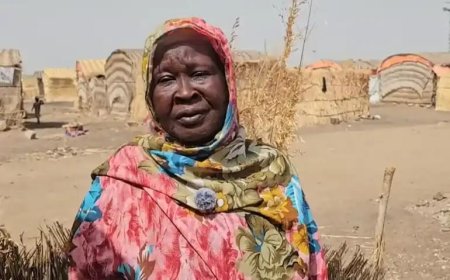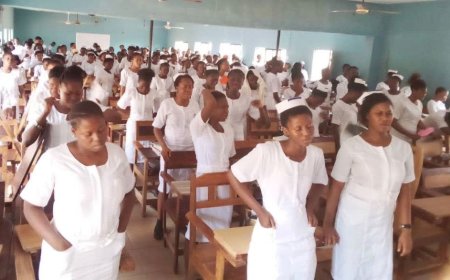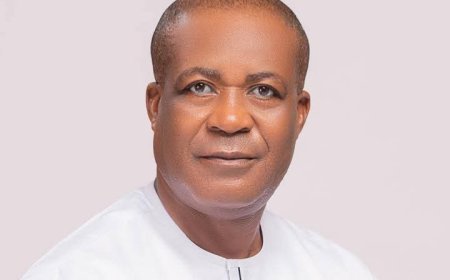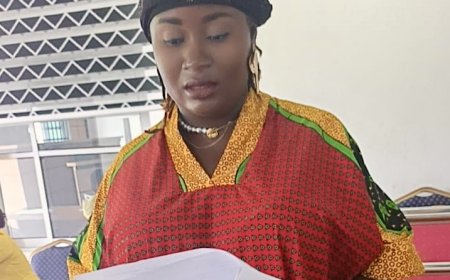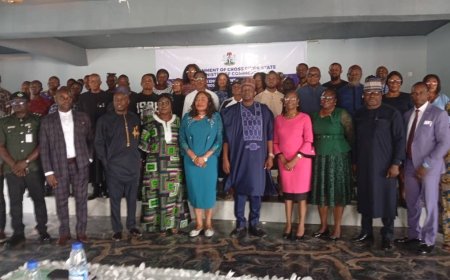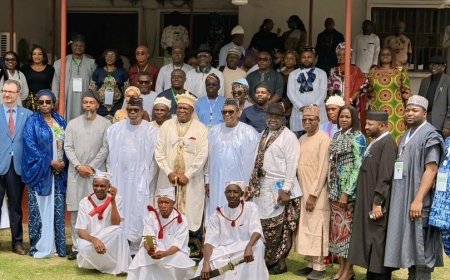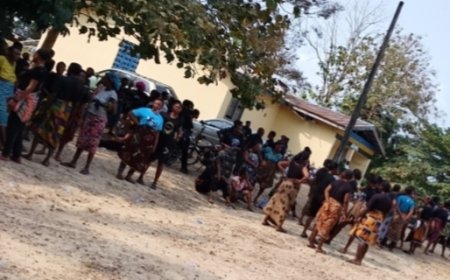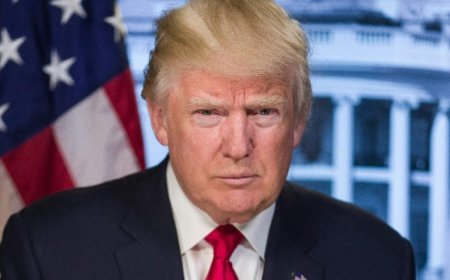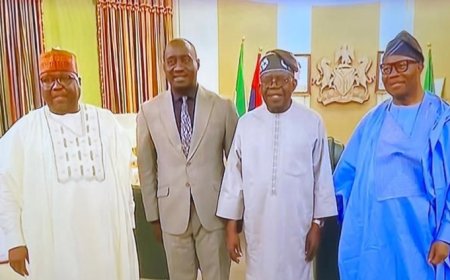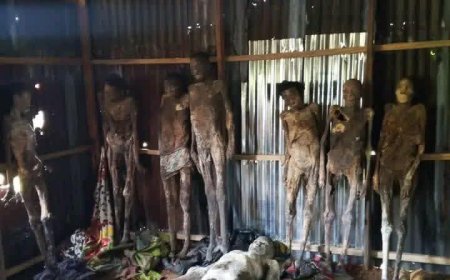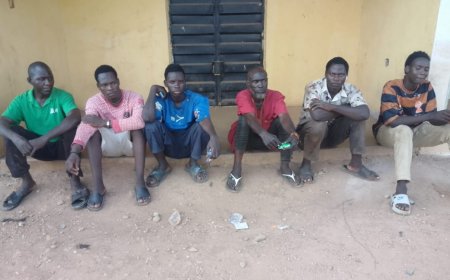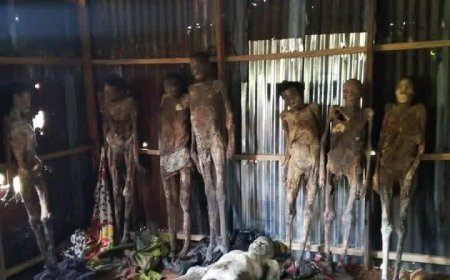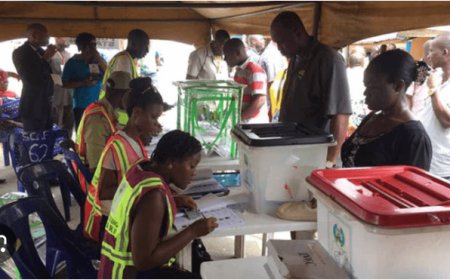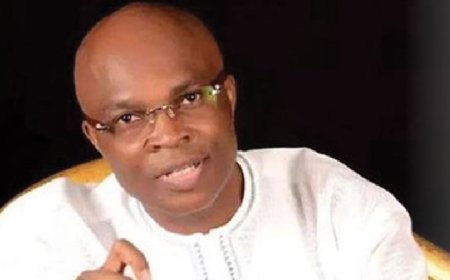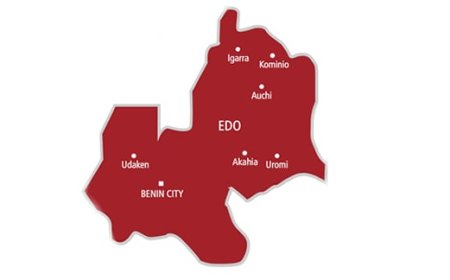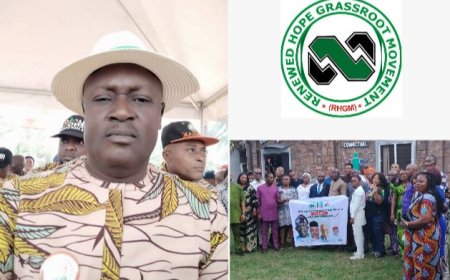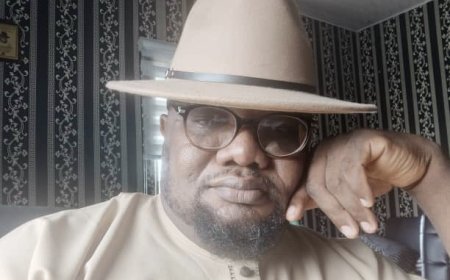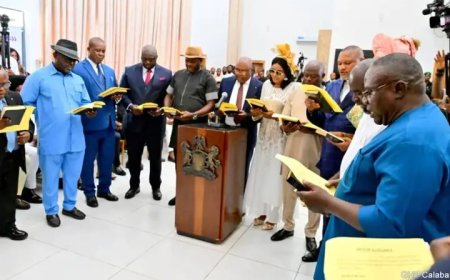A NATION IN MOURNING: WHEN NIGERIA’S LEADERS DIE IN DISTANT LANDS
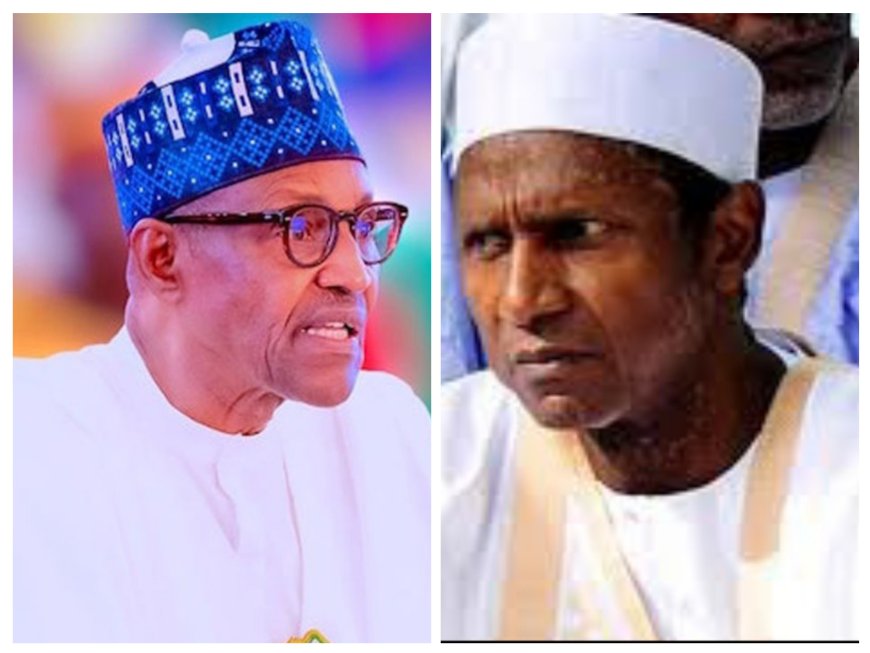
By Anthony EKPO BASSEY
There is a sorrow too bitter for silence, a pain that pierces deeper than words can bear. It is the pain of watching a country’s highest men fall ill at home, but gasp for life abroad. It is the pain of seeing those who swore to serve and safeguard the nation, surrender their last breath far from the soil they once called sacred. Nigeria has become a land where leaders lead, but when their bodies fail, they flee. And when the final hour knocks, they die not among their people, but as strangers in sterile rooms, wrapped in foreign sheets, with no familiar hands to close their eyes.
This is not just tragedy, it is travesty. Presidents, governors, ministers, lawmakers and many political and public office holders have turned foreign hospitals into second homes, their bodies too noble, they believe, for the wards their policies neglected. General Muhammadu Buhari, during his presidency, made multiple extended trips to the United Kingdom for medical reasons. Before him, President Umaru Musa Yar’Adua spent crucial months in Saudi Arabia before being flown back to die quietly in Abuja. Ailing governors, even those from oil-rich states, routinely seek check-ups in Germany or India, while the general hospitals back home are nothing more than crumbling corridors of pain.
In truth, As the Yoruba proverbs says, “Ọmọ tó bá gbin igi iroko, kò gbọdọ fi ojú títí wo bó ṣe ń rú.” It means that a child who plants an iroko tree must not frown when its branches grow wide. Our leaders planted seeds of neglect, and now the branches of those choices bear bitter fruits. They did not water the roots of our health sector, and so it withered. Now, they escape its consequences by fleeing to healthier soils.
As the Igbos say, “Onye ajọ akụ na-enyo ọnụ mmiri mgbe mmiri dị.” It means that he who manages resources poorly will drink from dirty waters even when the river flows. Nigeria is not dry of funds, but of focus. And in the Hausa tongue: “Rana bata ƙarya sai da dare ta bayyana.” It says that the sun does not lie; it is at night that the truth appears. When death creeps close, the falsehood of their policies is laid bare.
Our hospitals are starved. Beds without sheets. Syringes reused. Staff unpaid. Power erratic. And yet billions are budgeted every year, not for building hospitals, but for flying out of them.
The cost of these escapades abroad are enormous and the shame, incalculable. It is like “sinking a well only when the house is already on fire.” Our leaders flee to foreign clinics when they should have built sanctuaries of healing in Sokoto, in Enugu, in Calabar, in Lagos. A nation that cannot care for its caretakers is not failing, it is falling.
Let us no longer dress this disgrace in diplomatic garments. There is no honour in dying where no one can pronounce your name. There is no legacy in leaving behind hospitals you would not dare be treated in. Our leaders must understand this: “Once fire catches the calabash, it is too late to find water.
We must now demand a change. Let our hospitals become havens. Let our nurses find pride, our doctors find purpose, and our patients find healing. Health is the foundation of every nation. A sick society cannot stand, let alone soar.
As the Yoruba say, “Ilé tí a bá fi ìtẹ́ mọ́, ìsàlẹ̀ rè ó ní gbóná.” The house built with saliva will crumble when the heat comes. Our healthcare was built on promises, not plans. Now the heat is here.

